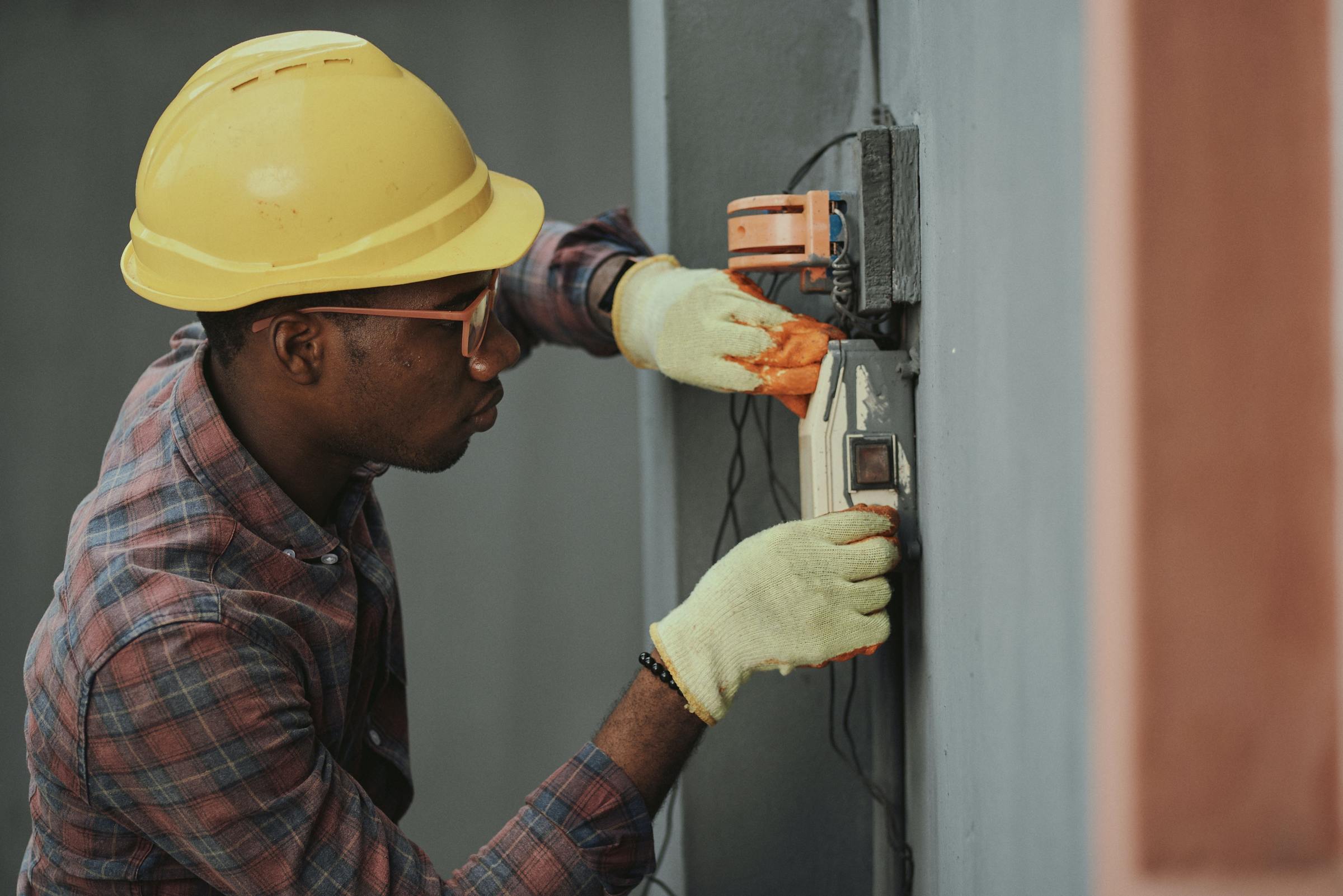News & Events
July 19, 2016
The Importance of Regular First Aid Trainings

When you first received training as an electrician, you probably did a little with first aid. But now that you’re an electrical contractor or field worker, do you think you could still perform first aid as well now
as you could back then? And have you kept up with the latest techniques to ensure you could save an employee’s or a co-worker’s life in an emergency?
First aid is especially important for electricians. You have safety equipment and safety precautions, but accidents do occur-and because you work with electricity, those accidents could have serious medical
consequences.
To ensure you can respond to these emergencies, you have to have regular first aid trainings. You can’t just coast on your initial training. Read on to learn more about why regular first aid trainings matter,
especially in your industry.
1. You’ll Immediately Know How to Respond to Electrical Accidents
Sometimes, when employees, co-workers, or even supervisors come across an accident scene, they freeze with shock, terror, or nausea. And the seconds or minutes these individuals have to use to recover their wits could greatly affect how quickly the injured party receives treatment.
Additionally, if these same individuals have to look up instructions on how to resuscitate a person, stem bleeding, or treat burns, they waste even more precious time. However, if you, your co-workers, or your
employees already know how to respond to the situation, you don’t have to freeze or look anything up-you can just act.
The faster you act, the greater your chances of saving a person’s life and minimizing his or her injuries.
2. You’ll Get Practice, Increasing Your Chances of Saving Someone’s Life
Count how many times you have done the Heimlich maneuver before. Or, count how many times you have given someone mouth-to-mouth. You probably don’t get practice often. And if you manage a team of electricians and don’t require them to receive regular training, they probably don’t get any practice either.
Without practice, you can’t feel confident that you know how to dress a wound properly. You might have a vague idea, but precision can mean the difference when you treat someone just as much as timing can. Regular first aid training ensures that you and your employees or co-workers have the skill as well as the knowledge to save someone during an emergency.
3. You’ll Stay Up-to-Date With Changing First Aid Practices
First aid practices change regularly as the medical community discovers new techniques and technologies. So, even though you may have received training five years ago, the medical community may have moved on. More effective techniques may exist. Always opt for a more effective technique, especially in an industry where you work with something as potentially damaging as electricity.
4. You’ll Become More Familiar With Common and Obscure Hazards
You’ve received your training as an electrician, so you know what hazards to expect when you go out in the field or when you send your employees out on the job. However, these hazards might fade into the back of your mind as you fall into a routine. But these risks need to stay at the forefront of every electrician’s attention to reduce workplace accidents.
When you have regular first aid training, you stay more alert when it comes to potential hazards, and fewer accidents occur as a result.
5. You Could Experience Higher Morale Knowing That You Can Handle an Emergency
When you work in a risky industry, whether as an employee or a supervisor, you worry about the possibility of catastrophic injury happening. Regular first aid training does not make that worry go away, but it does
soften it. You’ll know you can respond when disaster strikes, and you’ll feel safer and more confident as a result. And confident employees tend to enjoy their jobs more than unsure ones.
Whether you’re an electrical contractor who manages a team or a field worker who operates on your own, you can still benefit from on-going, regular first aid trainings. Contact an instructor in your area so you and your employees or co-workers can handle any medical disaster.